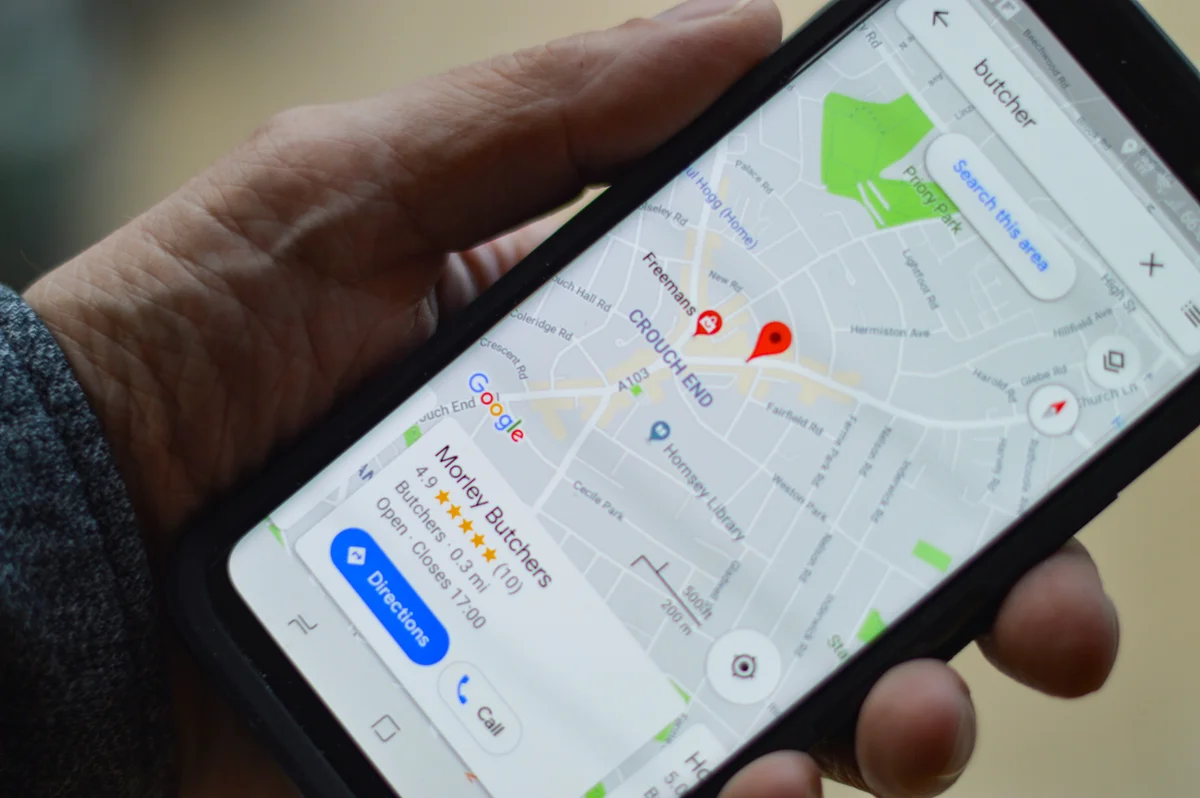What to do when your Kid is Exposed to Inappropriate Content
When children are left alone with their electronic gadgets, their thoughts might wander to a variety of different places. This is a particularly susceptible stage in which children are naturally interested and on the lookout for something new and intriguing especially towards inappropriate content. Though we are always attentive to what our children are seeing, even with our best intentions, we cannot always be on top of our children’s heads monitoring their activities. It’s possible that your innocent child is just having fun with a free painting programme when they accidentally click on an inappropriate content video. Our response to such occurrences is extremely important and has a significant influence on our children’s minds.
What is considered to be inappropriate content?
A child’s social, emotional, and physical development are negatively affected by inappropriate content, which includes any media that has a detrimental influence on their development.
Here are a few of the most prominent examples of improper content, which are not exhaustive:
- Pornography
- Vulgar Language
- Impressionistic depiction of illegal activities
- Illustration of potentially damaging conduct
- Violence
Every youngster develops in his or her own way. As parents, it is our obligation to get to know our children and assist them in identifying stuff that is unsuitable for their stage of growth and development.
Many questions arise in our minds, such as “what do I say to them?” and “how do I tell them?” Alternatively, “how much information am I supposed to provide with them?”
Parents are always concerned that they may make their children feel uncomfortable or scared. There are also doubts in the minds of parents of adolescents about whether they should speak to their children about pornography and sexually explicit content. It goes without saying that the answer to that question is an unequivocal “Yes.”
Here are some suggestions for how to communicate with your children about online content that they may not be ready to see.
1) Maintain your composure
When you discover that your child has been exposed to questionable information, it may be quite upsetting. However, the way you respond to them can make a significant impact in their activities. They will always have a significant influence on their thoughts. You must express your understanding of their emotions without passing judgement. You must begin with the big picture and narrow in on the specifics only when necessary. You may take advantage of this chance to actively influence their opinions and ideals. Anger can only lead to catastrophic consequences; instead, strive to remain cool and at peace with the circumstance you are in. This will demonstrate to your child that the matter is under control and that there is no reason to be concerned.
2) First and foremost, ask questions.
Make an effort to comprehend what your child witnessed. Examine their perceptions of what they believed they were seeing, and most importantly, how they felt about it. You must express your understanding of their emotions without passing judgement. Make an effort to normalise their physical parts so that they do not feel threatened or embarrassed. This helps to alleviate the children’s feelings of anguish to a certain extent. Make them aware of the tales that are being circulated on the internet that are not true. Make sure you don’t provide too many facts in order to prevent instilling notions in a child’s head that they didn’t previously possess.
Also Read: 5 Digital Marketing Tips for the Healthcare Facility
3) Maintain your integrity
It is imperative that they are made aware of the potentially harmful or unrealistic implications that pornographic movies might send. Pornography is extremely dangerous for adolescents, and it is critical that they are educated about the dangers of doing so. Emphasis should be placed on the message that pornography is not a healthy, consenting relationship. It is critical to discuss subjects like consent, respect, assertiveness, positive body image, trust, and the disapproval of other pornographic characteristics such as aggression and an unhealthy body image.
4) Install Apps for Parental Control
Once you’ve had a talk with them, you’ll want to know how they discovered the information so that you can avoid a similar situation in the future. You must keep a close check on the child and filter out inappropriate material. If you have adolescents, it is advisable to utilise a parental control tool to assist you to prevent them from accessing any unsuitable information on their phones.
Conclusion
Inappropriate content is everywhere. We must not only prepare our children for what they may encounter, but we must also educate them on the significance of acceptable material. We should never penalise or blame our children but instead should focus on their experiences in order to better understand how we can assist them in a healthy way.




